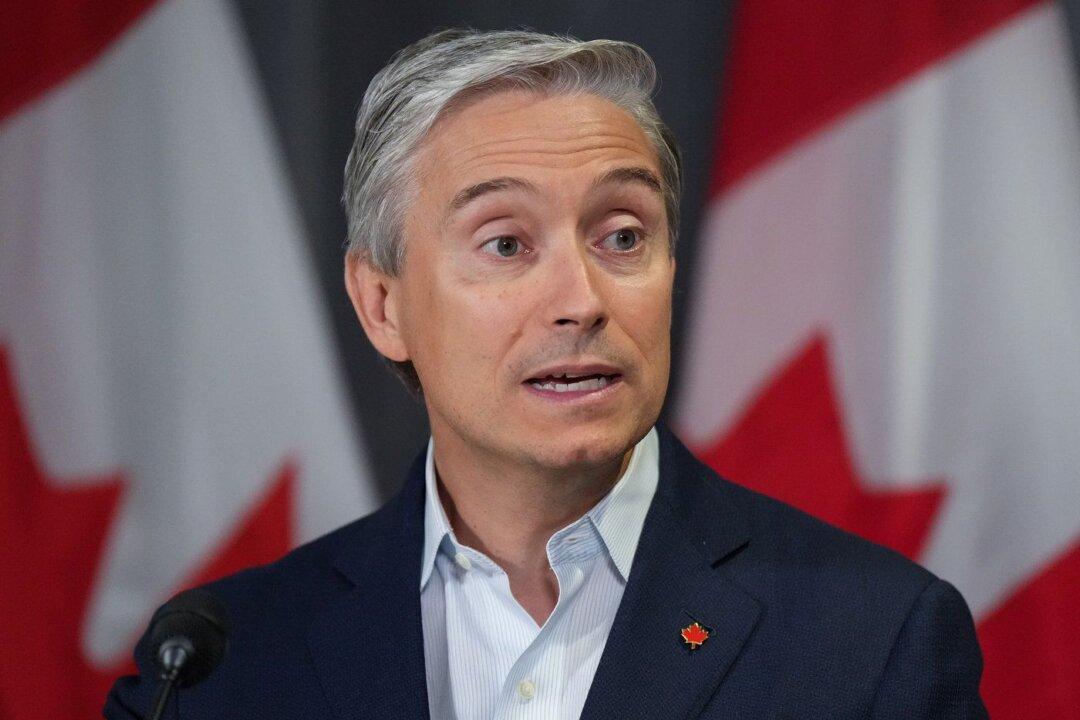Canada’s minister of industry met with executives from pharmaceutical giant Pfizer in New York City on March 2 to discuss expanding collaboration, his office says.
“They discussed how we can collaborat[e] in multiple areas to expand our growing biomanufacturing and life sciences sector,” said Laurie B. Bouchard, spokesperson to Minister François-Philippe Champagne.





